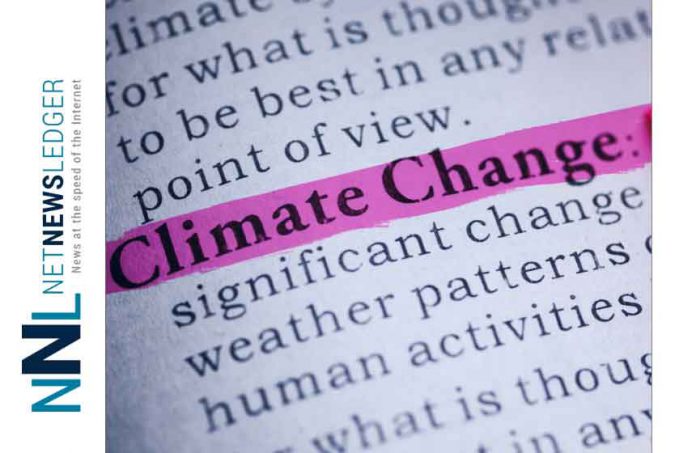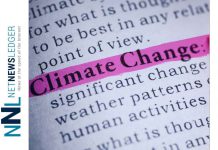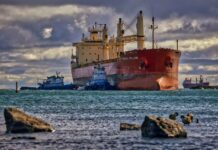
Phase 1 of IODI Cohort 2 Successfully Completed
OTTAWA – CLIMATE News – Ten remote Indigenous communities and First Nations across Canada have victoriously concluded Phase 1 of the Indigenous Off-Diesel Initiative (IODI) Cohort 2. This initiative underscores the proactive steps taken by these communities in combating climate change through the adoption of clean, renewable, and reliable energy sources.
The Government of Canada, expressing its support, proclaimed the successful assembly of clean energy leadership teams in each of the ten communities, facilitated by the Indigenous Clean Energy Social Enterprise. These communities, having completed the 20/20 Catalysts program, are now gearing up for Phase 2 of IODI slated for later this fall. The subsequent phase will unlock funding opportunities for various projects encompassing training, community energy planning, and community engagement.
The communities part of this laudable initiative include Xeni Gwet’in First Nations Government, Tahltan Band, Uchucklesaht, Ḵwiḵwa̱sut’inux̱w Ha̱xwa’mis First Nation from British Columbia; Hamlet of Paulatuk in Northwest Territories; Fort Chipewyan, Mountain Cree Camp from Alberta; Pangnirtung in Nunavut; Kiashke Zaaging Anishinaabek – Gull Bay First Nation in Ontario; and Kangirsuk in Nunavik, Quebec.
The Indigenous Off-Diesel Initiative is a fragment of the larger $300 million allocation outlined in Canada’s Strengthened Climate Plan, aimed at bolstering clean energy projects in Indigenous, rural, and remote communities. The program is funnelled through Wah-ila-toos, a single-window access point designed for these communities to secure funding and resources from the Government of Canada for clean energy ventures. Administered by various federal departments including Natural Resources Canada and Environment and Climate Change Canada, Wah-ila-toos epitomizes the spirit of kinship and the duty to foster good relations with all, as inspired by its name gifted by three Grandmothers and Elders.
Jonathan Wilkinson, the Minister of Energy and Natural Resources, stated, “Indigenous Peoples are at the frontlines in the fight against climate change. That is why Canada is partnering with communities from coast to coast to coast to advance clean energy projects and get communities off diesel. This initiative will help ensure new economic opportunities as well as clean, reliable and affordable electricity is readily available for all those involved.”
Echoing the sentiments, Patty Hajdu, Minister of Indigenous Services and Minister Responsible for the Federal Economic Development Agency of Northern Ontario, added, “First Nations, Inuit and northern communities are leading the way with projects that will move them off diesel and ensure clean, reliable electricity for their members… Ensuring clean, reliable electricity will help create new economic opportunities and growth for Indigenous communities across Canada.”
Gary Anandasangaree, Minister of Crown-Indigenous Relations, also acknowledged the initiative saying, “These Indigenous-led clean energy projects are a win-win for the environment and for the good jobs they will create… Seeing these projects enter the next phase is great news.”
In alignment with the essence of Wah-ila-toos, the Government of Canada reaffirms its commitment to collaborate with Indigenous communities in nurturing reconciliation, self-determination, a low-emissions energy future, and job creation.





